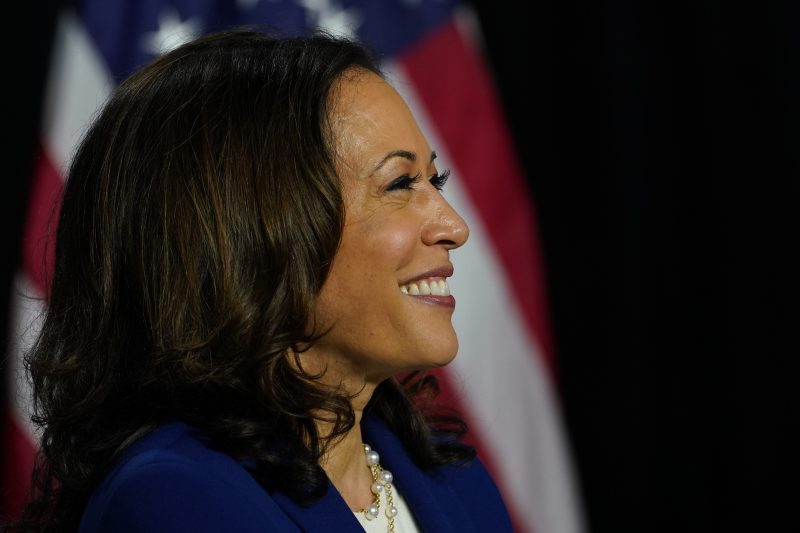Busing was a significant strategy in the United States aimed at fostering school desegregation and promoting equality among students of different racial backgrounds. This policy had a profound impact on the upbringing and worldview of Vice President Kamala Harris, shaping her views on race and equity. Harris, who attended a predominantly white school in Berkeley, California as part of a busing program, has often referenced her experience to highlight the importance of desegregation in education.
Busing for school desegregation emerged as a response to persistent racial segregation in schools following the landmark Supreme Court decision in Brown v. Board of Education in 1954, which declared segregation unconstitutional. Despite this ruling, many schools remained segregated due to housing patterns and discriminatory practices. Busing was implemented in the 1960s and 1970s to transport students from different neighborhoods to schools outside their immediate vicinity, with the aim of achieving racial balance.
For Harris, busing was not merely a means of transportation but a transformative experience that exposed her to diverse perspectives and communities. Growing up biracial in a predominantly white neighborhood, Harris navigated the complexities of racial identity and discrimination. Busing allowed her to interact with students from different racial backgrounds, fostering empathy and understanding across racial divides. This exposure to diversity at a young age influenced her commitment to promoting racial justice and inclusivity throughout her career.
Harris has often spoken about the impact of busing on her personal and professional life, emphasizing the importance of integration and equal access to education. She recognizes the role that policies like busing play in dismantling systemic barriers and creating opportunities for all students to thrive. Harris’s advocacy for educational equity aligns with her belief in the power of diversity to enrich learning environments and cultivate empathy among students.
While busing as a desegregation tool has faced criticism and controversy over the years, Harris’s narrative underscores its potential to foster meaningful change and challenge societal norms. Her perspective as a beneficiary of school desegregation highlights the lasting effects of policies aimed at breaking down racial barriers in education. Harris’s experiences with busing have undoubtedly shaped her views on race and equality, fueling her commitment to social justice and equity in all spheres of society.

